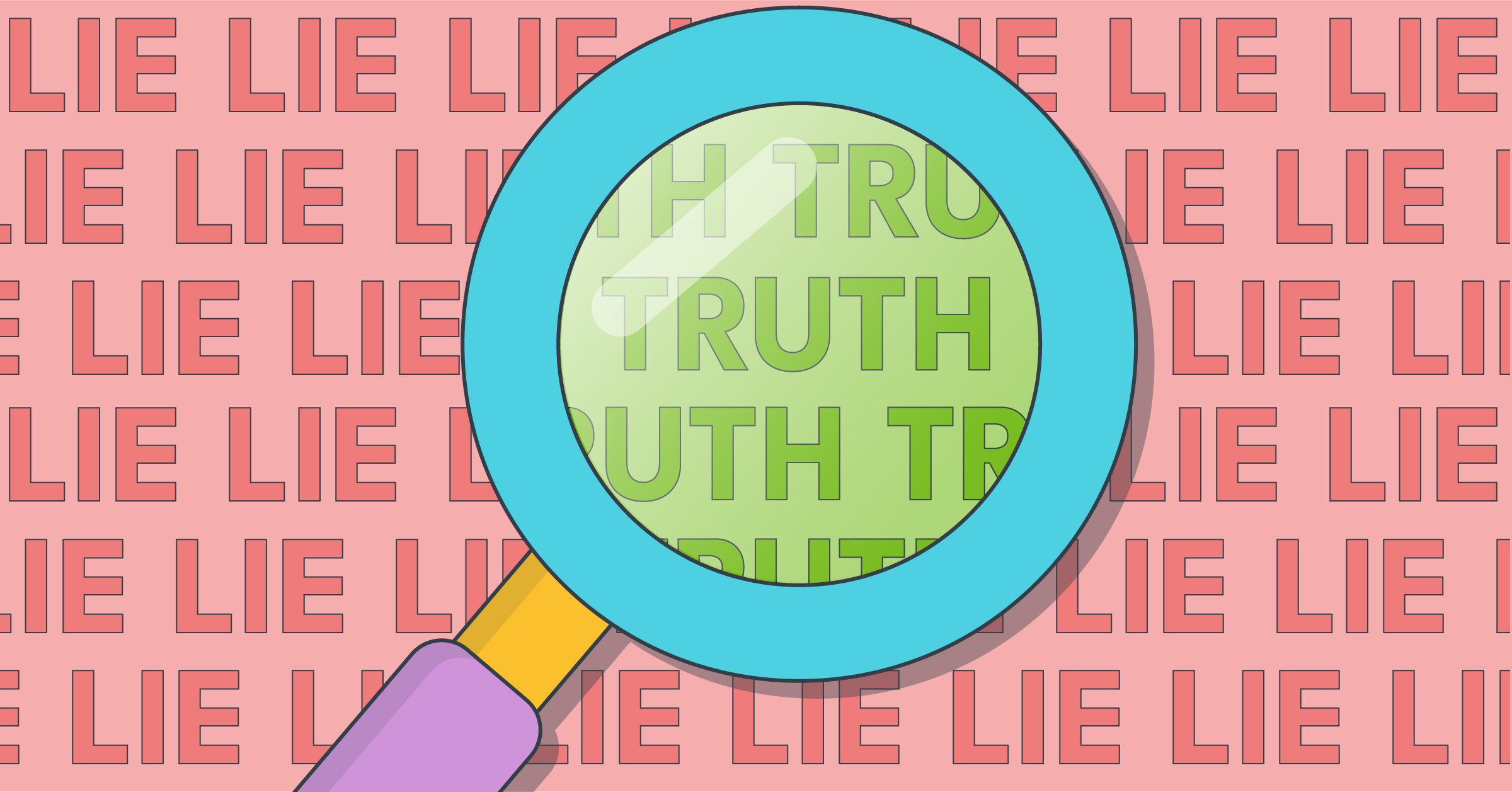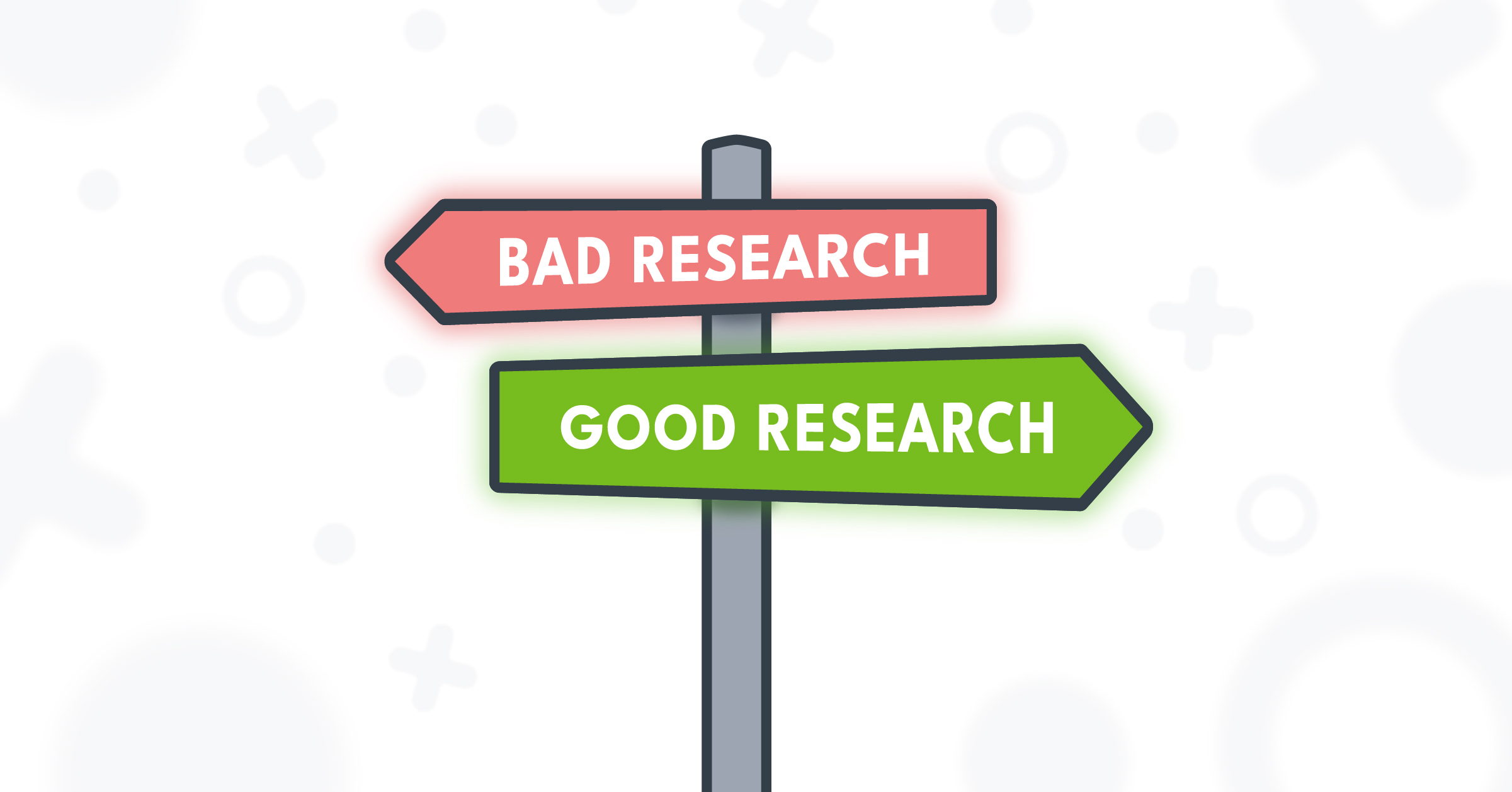
How to Listen to Lies: Decoding What You Hear in Focus Groups
There are a ton of ways to botch a focus group. But let’s pause for a moment to ask a baseline question about the world’s most common qualitative method: Is anyone ever really honest in even the most well managed focus group?
I doubt it. We can’t be. To an extent, we humans are all always performing, not just for others, but for ourselves. We have explanations for what we do, and are eager to share them. But these are often rationalizations, defenses, unconscious self-protection, or flat-out fibs. We will predict how we might react to something, but we don’t really know.
Years ago, I spent a ton of time listening to smokers tell moderators the best prevention strategy was to reveal the health dangers around smoking. Asked what dangers we should emphasize, these smokers ticked off consequences more extreme than we could honestly advertise. They thought these worse-than-reality dangers were true. And yet: They still smoked.
Experiences like this lead some to question why we should even do this kind of research. Why listen to a bunch of liars?
Because buried beneath the pontificating and baloney is a lot of truth. You just need to know how to unearth it. Here are a few quick tips to consider.
First, reaping honest insights starts with asking the right questions — open-ended inquiries about their personal experience and preferences. People are terrible at predicting their own behavior, let alone what might persuade others. (We were asking the wrong question of those smokers). But they can tell you what they’ve done, how it felt, how they did it, what was difficult or easy, what good or bad things happened as a result, and who approved or disapproved. The right questions will provide hints about behavioral determinants like perceived consequences, social norms and even bias.
Which brings up the second point: Know what you’re listening for. You are looking for clues of what behavior forces — both conscious and unconscious — are at play. For example, few focus group participants will say — or even consciously believe — that they are acting to meet others’ expectations. But we know social norms are powerful predictors of behavior. So we should ask people who wants them to do or not do a behavior. We know it matters even if they would never have brought it up.
You can also learn a lot by comparing the answers of those performing the behavior (doers) to those who don’t (non-doers). Ask an identical question to each group — maybe: what makes it difficult to do the behavior? You may hear many of the same reasons from each group (it takes a lot of time, it’s expensive, etc.). But you may also see a pattern where doers mention something non-doers do not, or vice versa. That’s a clue that the factor is likely important. It’s something that separates doers from non-doers.
Finally, use your eyes as well as your ears. When are the participants more animated or emotional or defensive? See if there are clues to what’s driving that. People may not be willing or able to explain everything they feel. They may not even know it themselves. But they can show it.
Researchers spend their careers getting good at this. This blog topic could be a book. But I’ll wind it up with a simple suggestion: Don’t believe everything you hear in a focus group, but don’t write it off either. There’s a truth underneath what people are saying.
Even when they’re lying.

Peter is the founder & chief insights officer of Marketing for Change.






